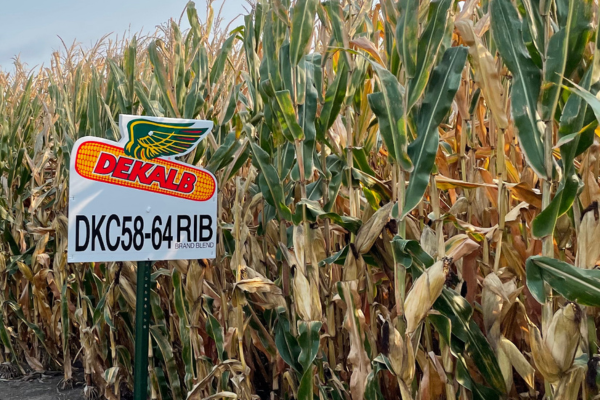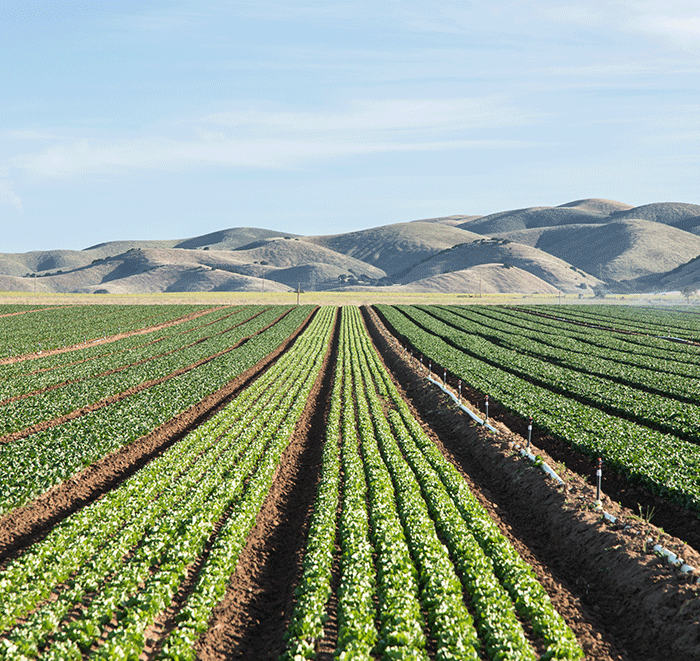
What’s in a Name & Number?
September 19, 2023
Harvest has begun for some and will soon begin in many locations across the state and soon you will see yield data from every company known to sell seed stating that their hybrid or variety is the one you should be planting. During hybrid/variety evaluation that occurs during harvest and before making a decision to make a potential genetic change for 2024, here are some things to consider:
- Compare apples to apples.
- Make sure that the hybrid/variety you are considering changing to is appropriate for your maturity zone. Example: A 115 day relative maturity hybrid has a genetic yield advantage compared to a 105 day relative maturity hybrid the farther south you go in the state. The opposite is true if you go north with the 105 day hybrid having the advantage. If you have planted 112 day corn in the past compare it to another 112 day hybrid and not 105 day or 112 day as the results would be compromised.
- Evaluate this year’s performance – not yield!
- Don’t get us wrong yield is important, but, it is very hard to rate corn and soybean genetics based on one year’s performance. Look at multiple year’s data and at the total agronomic package that your current genetics offered you this past season. Were you satisfied with your crop’s emergence, seedling vigor, ability to handle stress, disease tolerance, etc.? If you are satisfied with many of these aspects of the genetic package your are planting, you should also be pleased with its yield. We must face the fact that the weather plays a very large role in the final product of how genetics perform. We can manage however, fixed things such as soil types, fertility, diseases present, etc.
- Place the total package!
- If you are unhappy with some aspect of what you planted, generally there is a placement problem usually linked with the environment it was placed into. Example: Many hybrids are bred to perform best in dryland environments that have a soil type high in clay content and low soil fertility levels. If you place a hybrid known to do well under an irrigated, high fertility environment into this situation, usually the results will be lower than expected.
A final consideration is the information and service that the seed brand can offer you. Are you satisfied with the product information and in-season service that your current brand offers you? The combination of the Asgrow and Dekalb brands offer genetic diversity, research, and field support in both corn and soybeans that is unmatched in the seed industry today. Our genetics offer the diversity to perform in your maturity zones, under your conditions, and your management goals. We provide local replicated data on an annual basis and we work with you in order to maximize the genetics with the conditions.
Dr. John McNamara // Wilbur-Ellis Agronomist

